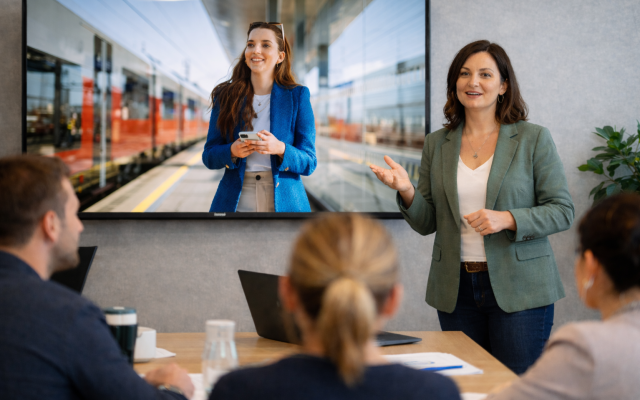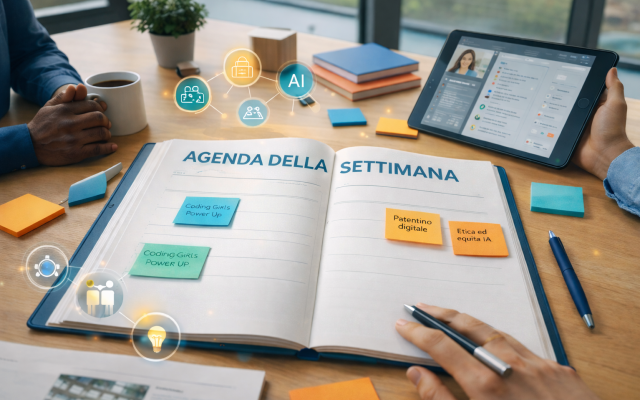The Fondazione Mondo Digitale research project, developed in collaboration with the Italian Ministry of Education, University and Research is now on-line: “Innovation in Roman Schools: digital devices and educational proposals presented by the Rome Città Educativa.”
The research project presents not only data on the use of digital devices and availability of infrastructure, but also presents five best cases:
- Female Coding – Liceo Kennedy
- Educational Robotics – IC Viale dei Consoli 16
- Phyrtual Innovation Gym – ISS Pacinotti-Archimede
- Mobile Learning - IC Antonio Rosmini
- Digital Art – IC Largo Volumnia
“The Rome Città Educativa provided these schools with all eight of its digital environments: Fab Lab, Robotics Centre, Internet of Things, Coding Lab, Immersive Lab, Game Lab, Video Lab, Mobile Technology for Learning Lab,” explains Mirta Michilli, Director General, Fondazione Mondo Digitale. “Here, teachers not only find innovative environments that do not exist in schools, but also coaches and experts that can help them with technology. The Train the Trainers methodology allows us to accelerate the acquisition of digital skills by teachers and their experimentation with technological DIY tools.”
“If a teachers has a valid educational proposal, technology applied to didactics will allow the inclusion of everyone, including students with special needs. And we are not speaking about expensive technology,” emphasizes Alfonso Molina, Scientific Director of the Fondazione Mondo Digitale and Personal Chair in Technology Strategy.
The report also includes research carried out on the educational needs of teachers, who indicate problem solving as the fundamental skill for innovation. “Learning to find creative, low-cost solutions is fundamental. It allows one to do a lot with little,” explains Molina. “That is how we started. Now, we can provide schools not only with a new educational model – Life Education – but also a physical space in which to experiment, the Phyrtual Innovation Gym.”
The research project is part of the “La Città Educativa di Roma Capitale… Capitale di Roma” Project, developed with the support of the “Ufficio Cabina di Regia Legge 285/97.”

by the Fondazione Mondo Digitale
Authors: Alfonso Molina, Annaleda Mazzucato
Contributions by Maria Laura Feroce
In collaboration with the MIUR Statistical Office – Technology Observatory





